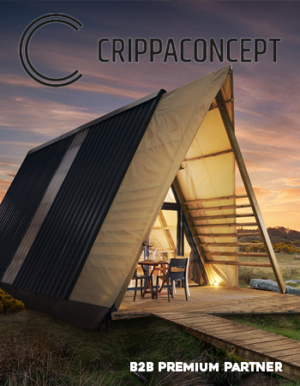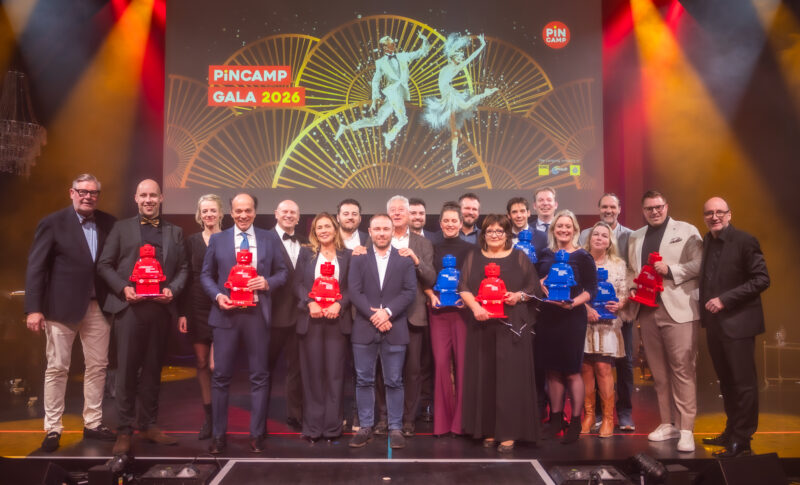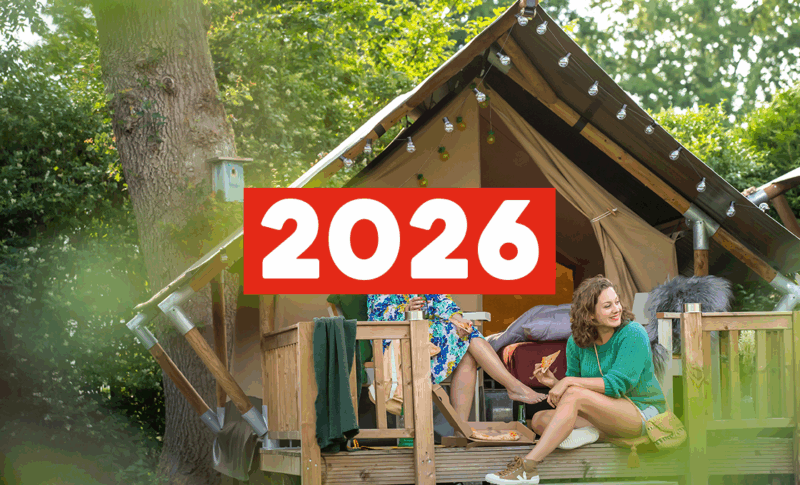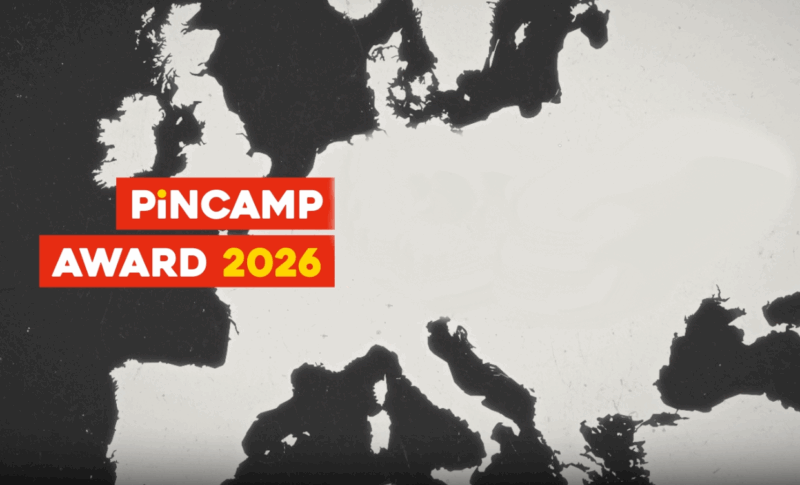
As we gear up for the summer camping season of 2024, it’s essential to stay ahead of the curve on the latest trends and challenges shaping the camping industry. From evolving traveller preferences to emerging environmental concerns, understanding these dynamics is crucial for campsites to thrive in today’s competitive landscape.
Trends driving the camping industry
According to feedback gathered from a diverse group of camping unions and campsite managers, the following trends have been identified as the most significant for the upcoming 2024 season:
Trend 1: Sustainable & eco-friendly campsites
Big emphasis is put on energy efficiency, waste management, water conservation, and community engagement. A broader shift towards more sustainable and responsible tourism practices within the camping industry is noticed. More and more campsites are obtaining Eco-certifications.
Trend 2: Local experience-focused campings
Cultural immersion and experiential travel offer campers the opportunity to connect with destinations on a deeper level, fostering cultural exchange, personal growth, and lifelong memories.
Trend 3: Digitalisation
Technology is transforming the camping industry by improving operational efficiency, enhancing guest satisfaction, and enabling campgrounds to adapt to changing consumer preferences and technological advancements.
Just a few of many benefits that digitalisation can offer to your business:
- online bookability / real-time availability updates
- enhancing the user experience
- reducing the risk of overbooking or double bookings
- interactive campground maps
- secure payment gateways
- smart meters, sensors, security systems
- communication with guests online before, during, and after their stay
Trend 4: Accessibility
The “baby boomers” are a particularly strong, affluent target group in most source markets. They are getting older, but usually remain active and are looking for modern and age-appropriate camping holidays and services.
By prioritizing accessibility, camping businesses can create inclusive environments that cater to the needs of all campers, including people with mobility challenges as well as seniors, enhancing their overall camping experience and promoting outdoor recreation.
Trend 5: Working nomads / workation
Important amenities & facilities: reliable Wi-Fi, co-working spaces, and comfortable accommodations. The rise of workation represents a shift in the way people approach travel and work, offering individuals the opportunity to blend productivity with adventure, local culture and lifestyle. There are even mentions of an emerging trend – use of campervans as mobile office spaces.
Trend 6: More differentiation of the campsites
Trend 7: Design
Glamping is a trend that keeps on growing – campsites can differentiate their offer by investing in unusual and extravagant glamping accommodation. Glamping is more than pure luxury. Glamping accommodations also offer a lifestyle of freedom, nature and individuality and is an opportunity to fulfil the rising expectations of future guests.
Design plays a decisive role in this. Whether guest camping vehicles or rental accommodation: The camping or glamping accommodations of the future must be comfortable and sustainable and offer regional charm. Camping accommodations must also appeal to guests who want to combine work, holiday and pleasure. Digital networking and Wi-Fi with high bandwidth are essential. In addition, accommodation should increasingly allow guests with limited mobility to enjoy a carefree stay.









